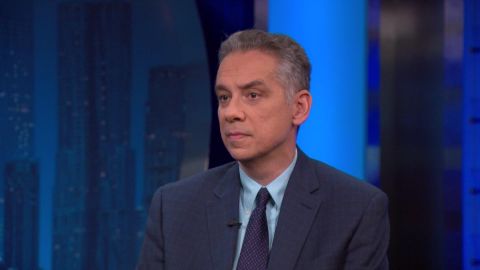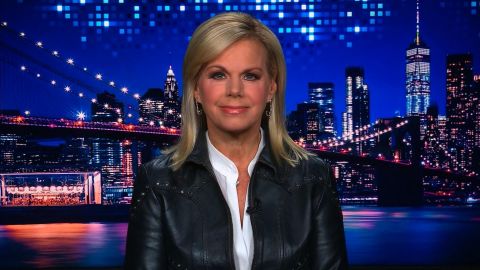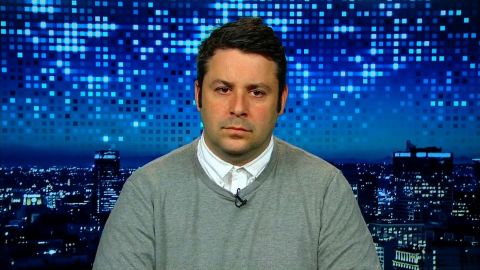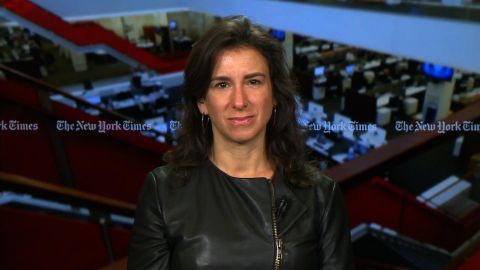Read Transcript EXPAND
JODI KANTOR: You know, the quality of the story has always been that it has kind of this reckoning feel. And I think now the Harvey Weinstein jury selection process is posing a lot of big questions about fairness, about what it’s OK to know, what it’s OK to have experienced. You know, number one, how much knowledge and to what degree does a juror have about Harvey Weinstein and what degree do they have a point of view? There are also some personal questions on this jury questionnaire. They asked potential jurors if they had ever experienced a sexual assault. First of all, you can think about a juror in the courtroom and that — whether they would be comfortable writing down the answer. And then I think there’s the question of how that figures in the jury selection process. On the one hand you don’t want people who are so bound up in their own personal experience that they can’t look at this clearly, but then again, if you throw out every woman who has been sexually harassed or sexually assaulted, how many women are you going to end up with anyway?
CHRISTIANE AMANPOUR: Well, that leads me into my next question, because it’s a very, very important question where you just said, how many women are you going to end up with? And I think people who are actually following this case are surprised to know that there were scores of women who made allegations against Harvey Weinstein. And now, that it comes to the criminal part of this, there’s only — I don’t know. You tell me how many, but, I mean, maybe one or two actual women who are going to face this criminal process and bring these criminal charges to court.
KANTOR: So, here’s the thing to remember as you watch the trial unfold. There is an ocean of allegations against Harvey Weinstein, right, more than 90 women have come forward about him. We’ve heard these stories again and again. But when you look at how many of those stories are about criminal acts, sexual violence, not sexual harassment, which is illegal, but you can’t go to jail for sexual harassment, it’s not eligible for criminal prosecution. So, how many of those stories are actually about assault? The ocean grows a little smaller. How many of those assault allegations are within the statute of limitations? Smaller again. How many of them happened in New York City? Because remember that this is constrained by geography, it gets smaller again. Within the much smaller pool, how many women are willing to come forward, press charges, potentially lose their anonymity, be part of the trial? Smaller yet again.
So, what we have is a trial that is endowed with all of this sort of #MeToo historical importance. And yet, as you say, it is very narrow and the prosecution rests on two women’s stories. And yet, other women are going to be brought in as supporting witnesses.
AMANPOUR: What sort of precedent is there? I mean, these aren’t people who are bringing charges. So, why are they allowed to come to court?
About This Episode EXPAND
Christiane Amanpour speaks with Jodi Kantor and Gretchen Carlson about the Me Too Movement and Harvey Weinstein’s trial; and Oren Falkowitz about preventing hacking around the 2020 election. Michel Martin speaks with Lee McIntyre about the idea of a “post-truth” society,
LEARN MORE



